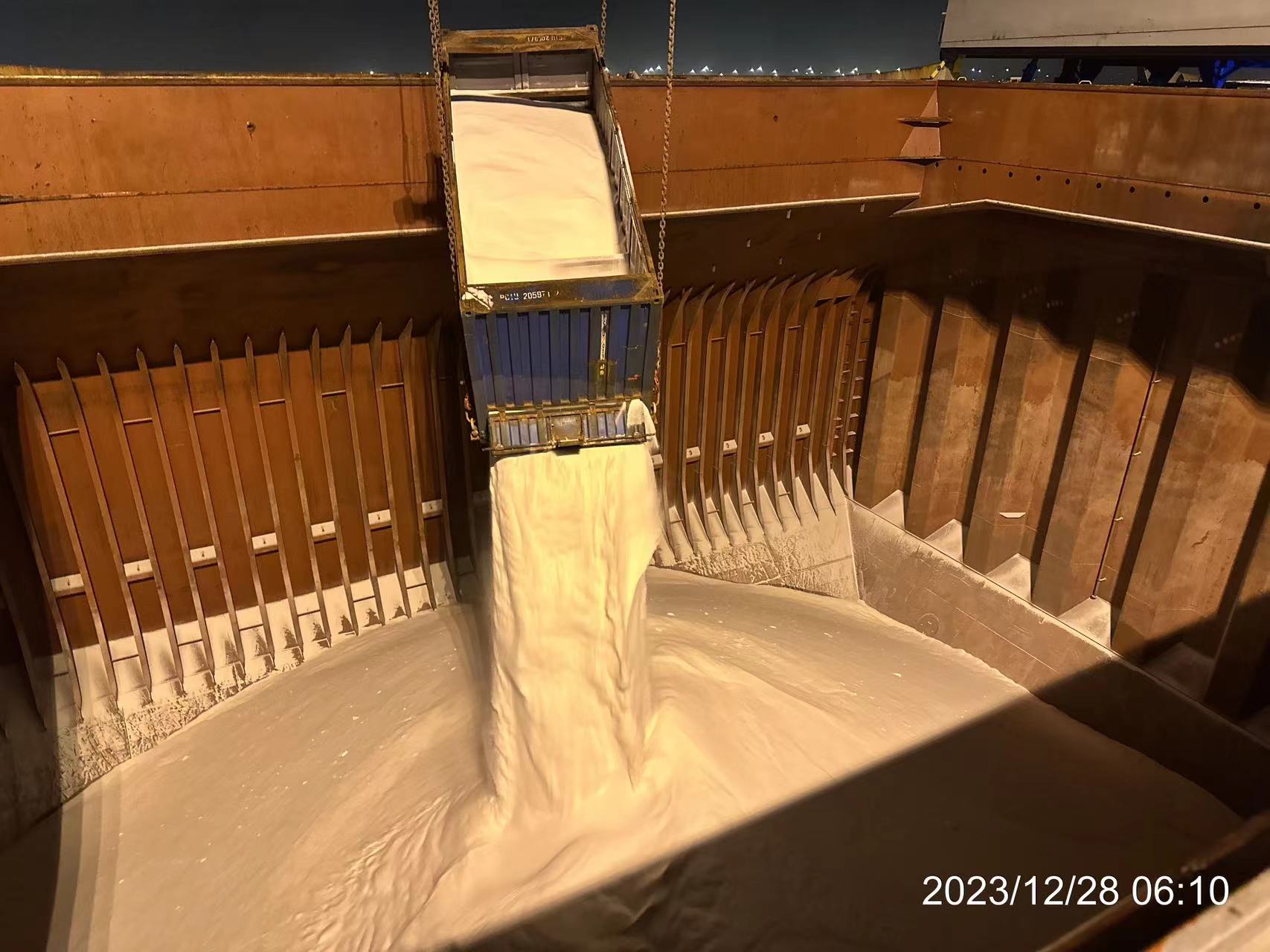Agriculture is an important foundation for human survival, and the use of fertilizers plays a vital role in the growth of crops. Among many fertilizers, magnesium and sulfur, as key nutrients, play an indispensable role in improving crop yield and quality.
Magnesium is an important component of photosynthesis. It participates in the activities of hundreds of enzymes in plants and is a key element in the synthesis of chlorophyll. Lack of magnesium can cause plant leaves to turn yellow and become brittle, which in turn affects the efficiency of photosynthesis, thereby affecting crop growth and yield.
.jpg)
In agricultural production, the rational application of magnesium-containing fertilizers can effectively improve the soil structure, increase the soil's moisture and nutrient retention capacity, and promote the growth of root systems. Through the application of magnesium, crops can better withstand environmental stress and improve stress resistance, thereby enhancing the overall yield of the crop.
Sulfur is an essential element for the synthesis of amino acids, proteins and enzymes, and also has a significant impact on the smell, color and disease resistance of plants. A sulfur deficiency can cause crops to grow slowly and produce small, poor-flavored fruits.
.jpg)
Applying sulfur-containing fertilizers not only enhances plant health, but also helps improve crop quality and increase the market value of crops. In many cases, the application of sulfur also promotes the absorption of other nutrients, creating a complementary effect.
Magnesium and sulfur interact and promote each other in plant growth, and their combined application can significantly improve the overall performance of crops. The two work together to promote the development of green agriculture and achieve sustainable agricultural production methods.

The key to improving crop yields lies in the rational application of key nutrients such as magnesium and sulfur. Through scientific fertilization, farmers can increase yields while ensuring crop quality, ensuring sustainable agricultural development and economic returns.
.jpg)